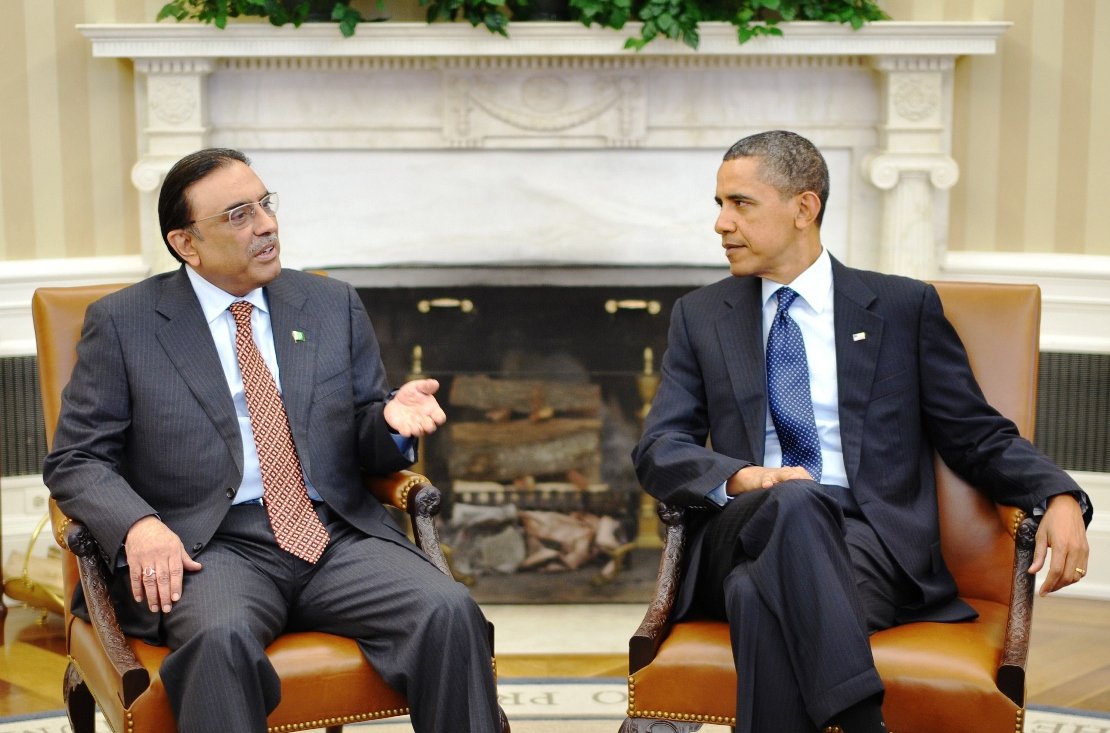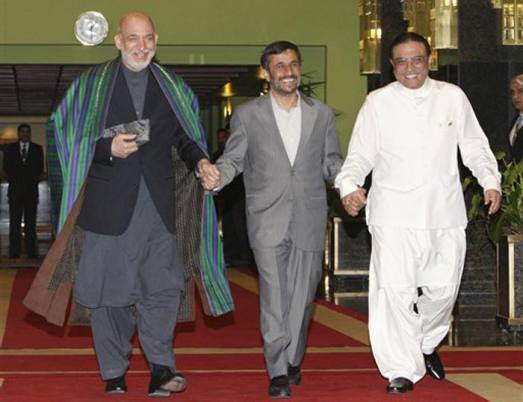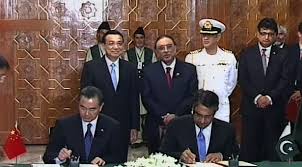Asif Ali Zardari

Asif Ali Zardari: Pakistan's Nelson Mandela
Early Life and Education
Asif Ali Zardari was born on July 26, 1955, in Karachi, Pakistan, into a prominent landowning family of Sindh. He received his early education from Karachi Grammar School and later pursued higher studies at the London School of Business Studies in the United Kingdom, where he developed a deep understanding of economic and business principles.
Marriage to Benazir Bhutto
In 1987, Asif Ali Zardari entered into a union with Benazir Bhutto, a marriage that not only united two prominent families but also marked the beginning of his deep involvement in the political landscape of Pakistan. Together, they forged a partnership grounded in mutual respect and a shared vision for a democratic and prosperous Pakistan.
Political Journey
Asif Ali Zardari's political journey began in earnest following his marriage to Benazir Bhutto. He held various significant positions in the government during Benazir Bhutto's two terms as Prime Minister. His tenure as a minister saw him working diligently to further the PPP's agenda of social justice and economic development.
Imprisonment and Legal Battles
Zardari faced numerous legal battles and endured over 11 years of imprisonment without a single conviction, a period marked by allegations widely perceived as politically motivated. Many believe that these cases were a tool to exert pressure and blackmail his wife, Benazir Bhutto, during her time as Prime Minister. Despite the hardships and personal sacrifices, including being separated from his family, Zardari exhibited remarkable resilience, maintaining his innocence and fighting for justice.
Presidency
In 2008, following the tragic assassination of Benazir Bhutto, Asif Ali Zardari took on the mantle of leadership of the PPP. Under his guidance, the party won the general elections, and he was elected as the President of Pakistan. His presidency (2008-2013) was marked by efforts to strengthen democratic institutions and foster national unity. He played a pivotal role in the passage of the 18th amendment, which aimed to decentralize power and enhance the provincial autonomy, a significant step towards a more balanced and democratic governance structure.
Advocate for Democracy and Social Justice
Throughout his political career, Zardari has been a staunch advocate for democracy and social justice. He has worked tirelessly to uphold the principles of the PPP, striving to create a society where every individual has access to opportunities and basic rights.
Legacy
Today, Asif Ali Zardari is seen as a pillar of resilience and dedication, having navigated the tumultuous waters of Pakistani politics with grace and determination. His leadership has been characterized by a deep commitment to the democratic process and the welfare of the people.
Asif Ali Zardari is a leader who has weathered numerous storms with unyielding determination and a steadfast commitment to the principles of democracy and social justice. His journey, marked by personal sacrifices and relentless pursuit of a democratic Pakistan, paints a portrait of a leader dedicated to the service of the nation. His contributions to strengthening democratic institutions and fostering social development stand as a testament to his enduring legacy in the annals of Pakistan's history.




